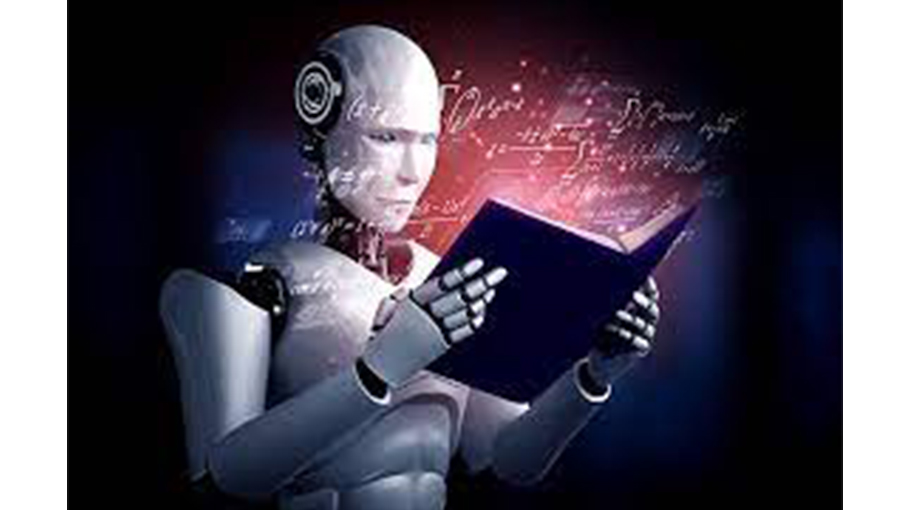How AI revolutionises Bangladesh’s education sector?

In a watershed development, the emergence of artificial intelligence (AI) is positioned to usher in a paradigm shift in the educational landscape of Bangladesh. The infusion of AI-driven tools and technologies holds the potential to substantially enhance the caliber of education, effectively ameliorating disparities among students hailing from diverse socio-cultural backgrounds and displaying varying aptitudes.
The preeminent contribution of AI to the educational milieu resides in its capacity to furnish highly individualized pedagogical experiences. AI-driven platforms exhibit the remarkable competence to intricately monitor the academic progress of each student, meticulously discerning their distinct proficiencies and deficiencies. Armed with this repository of data, these platforms adapt and refine the pedagogical process to align with the unique requisites of each learner, yielding markedly more efficacious and efficient learning outcomes.
AI is also poised to assume a pivotal role in furnishing expeditious, real-time feedback to students. AI-driven pedagogical aids not only exhibit alacrity in responding to student inquiries but also demonstrate proficiency in furnishing constructive evaluations of their scholarly endeavors. This dual proficiency not only aids students in identifying and assimilating lessons from their errors but also furnishes an indispensable source of sustenance and motivation, thereby nurturing sustained student engagement in their academic pursuits.
Beyond the domain of tailored learning, AI's transformative potential extends to the augmentation of the overall administrative efficiency of the educational apparatus. AI holds the potential to automate a spectrum of administrative tasks, encompassing the gamut from the assessment of academic assignments to the generation of comprehensive curricular plans. This mechanization portends the liberation of educators from the entanglements of administrative responsibilities, thereby enabling them to channel a more substantial proportion of their temporal resources towards their core educational responsibilities—imparting knowledge and actively engaging with their students.
Several concrete instances serve as a testimonial to the profound imprint of AI on the educational topography of Bangladesh. The forward-looking initiative by the University of Dhaka, which embraces an AI-powered, automated grading system, underscores the institution's unwavering commitment to not only augmenting the efficiency but also enhancing the accuracy of the evaluation process. The introduction of the "Robi AI Assistant" chatbot by Robi Axiata Limited merits special acknowledgment, as it stands poised to provide educational support spanning a spectrum of subjects, including mathematics, science, and English. Additionally, the earnest efforts by BRAC University to conceive a personalized learning platform, characterized by assiduous student progress tracking and customized curricular materials, deserve noteworthy recognition.
The dividends arising from the infusion of AI into the realm of education are indeed multifaceted. Beyond the precincts of personalized learning and real-time feedback, AI promises an uptick in operational efficiency, an expansion of access to education for students with disabilities and those residing in remote locales, and the genesis of an immersive and interactive pedagogical milieu, all attributable to AI-fueled educational games and simulations.
However, the realization of AI's complete potential in the realm of education is contingent upon the adept resolution of a slew of pivotal challenges. These challenges encompass the effective management of the financial outlays associated with the development and deployment of AI-infused educational tools, the imperative to ensure equitable access to these resources for all students, irrespective of their socio-economic backgrounds, the pressing necessity for comprehensive teacher training in the proficient integration of AI, and the critical undertaking of preserving the sanctity and privacy of student data.
AI is undoubtedly poised to herald a revolutionary transformation in the educational sector of Bangladesh. Through proactive and concerted endeavors to surmount these challenges, we can chart a course for every student to gain access to the invaluable advantages of AI-driven education, thereby ushering in a more brilliant and equitable future for education in the nation.


